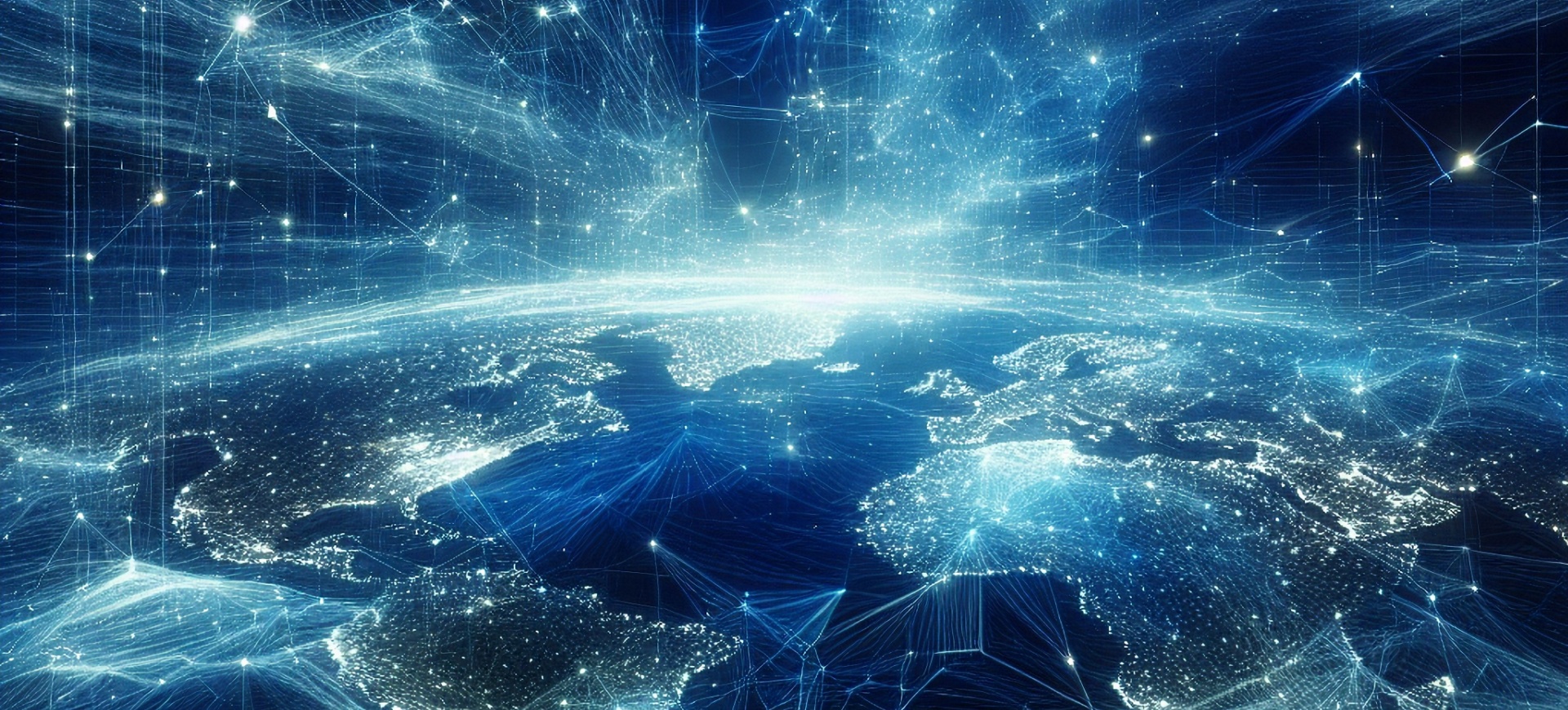Bridging the AI divide: ensuring equitable technological advancement
Multistakeholder cooperation will ensure the socio-economic benefits of AI are shared equitably across the world, preventing a widening digital divide
This summer, United Nations secretary-general António Guterres delivered a historic address to the International Telecommunication Union Council at our Geneva headquarters. He challenged ITU – the UN agency for digital technologies – to help ensure that “AI never stands for advancing inequality”.
However, if we do not level the artificial intelligence playing field quickly enough, we risk creating a new digital divide, with a third of humanity still offline and the Sustainable Development Goals in dire need of rescuing.
Location matters
A new study mapping public cloud ‘compute’, a critical component of AI infrastructure, shows much of the world’s AI development capacity is concentrated in just 30 countries. In fact, only a handful of the top 100 high-performance computing systems able to train large AI models are hosted in a developing country. Of course, multiple factors put developing countries at a digital disadvantage, from a lack of critical energy and water resources to brain drain. But the fact that much of the world is a ‘compute desert’ with limited capacity to develop AI at all has stark implications for governance.
Countries hosting AI in data centres and chips have significant advantages in shaping the rules and norms of this technology. If AI capacity remains concentrated, humanity risks creating a world where its benefits – improved health care, enhanced education and better climate monitoring, to name a few – are unevenly distributed.
Such an outcome could deepen existing global inequalities, as developing countries struggle to compete in an increasingly AI-driven world. It may be cold comfort, but we have been here before. We know what is at stake.
Learning from the past
Twenty-one years ago, another UN secretary-general, Kofi Annan, addressed leaders from over 175 countries at the World Summit on the Information Society in Geneva. Back then, just 12% of the global population had internet access. This mirrors uneven AI capacity with a hugely important difference: developing countries had a seat at the table and a voice to bend the arc of digital progress.
WSIS was born out of the imperative to reduce the digital divide separating richer and poorer countries – and to use multistakeholder cooperation as a catalyst for digital development. This allowed us to accomplish a great deal, from promoting digital inclusion to supporting capacity building and skilling so that more people – regardless of their economic status – could reap the benefits of connectivity.
Today, over five billion people, equivalent to more than 60% of the world’s population, use the internet. But our work to close the digital divide is not done. A third of humanity is still offline, and many countries continue to struggle with connectivity.
Still, the incredible progress made in just two decades did not happen by itself. ITU was, and continues to be, where 194 countries can advance connectivity infrastructure, standards and digital development on an equal footing. And just as the world joined together to bridge the digital divide as the internet went mainstream, we can leverage
global multistakeholder cooperation to prevent a growing AI divide.
Empowering everyone
When it comes to conversations on how AI will shape our shared digital future, everyone deserves to participate with an equal voice. The role of standards in ensuring the socio-economic gains from AI are shared equitably cannot be overstated.
ITU’s role as a neutral platform to develop common technical standards is crucial when it comes to levelling the playing field and supporting inclusive AI innovation. One key outcome of our AI for Good Global Summit was the launch of the Impact Initiative that links innovators with problem owners to scale AI solutions across all 17 SDGs and every region of the world. ITU’s technical standardisation community – open to all – has published over 100 AI-related standards, with another 150 in development. But we can do much more.
As the world’s leading economies, G20 members have an opportunity to foster not only an innovative but also an inclusive and responsible digital landscape that thrives on healthy competition. By supporting initiatives such as indicators for universal meaningful connectivity – part of ITU’s work as a G20 Knowledge Partner of Brazil’s G20 presidency – G20 members can help get more developing countries connected and participating in the AI revolution.
This can also involve committing to initiatives that build digital and AI capacity in developing countries, and contributing to broader skilling, infrastructure and research collaborations. Examples include the Partner2Connect Digital Coalition, which has mobilised over $50 billion in support of universal meaningful connectivity. It also includes supporting the Global Digital Compact, which builds on existing multistakeholder UN processes for digital governance, such as WSIS and its upcoming 20-year review.
ITU is working with other UN agencies to support the follow-up to the Compact, taking on a considerable share of the substantive work to implement its outcomes. Together, we can set the world on a path where the benefits of technologies like AI are accessible everywhere, no matter where a country is on its digital transformation journey. That is how we can ensure that AI never stands for advancing inequality.












